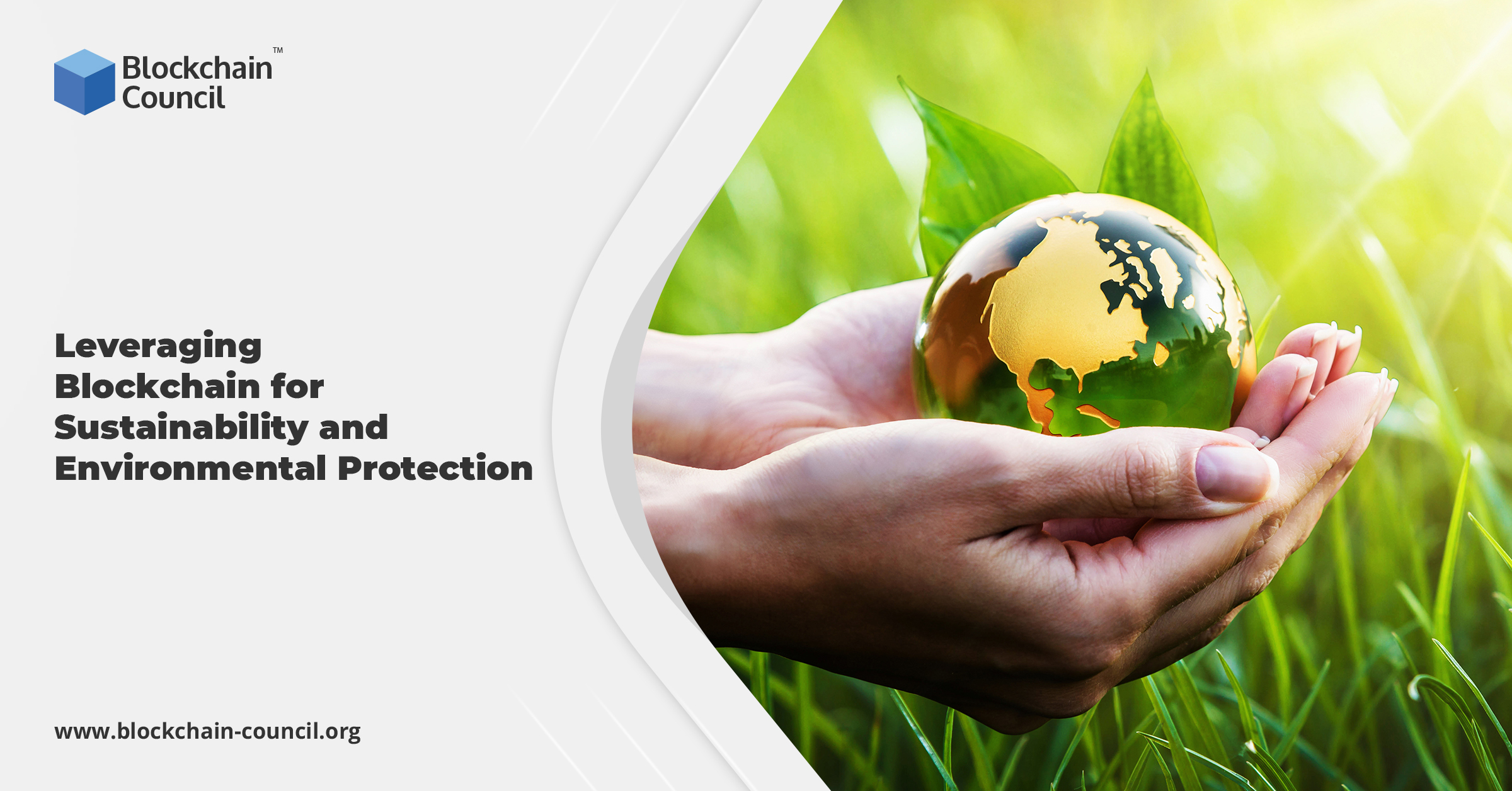The emerging execution of blockchain technologyand transaction of digital assets at huge numbers every day has caused concerns related to sustainability and environmental protection. Now you must be thinking about how these digital transactions are impacting our environment. This article will discuss the ecological impact of digital currency and how blockchain platforms help maintain the sustainability of transactions alongside being eco-friendly.
Table of Content
- How digital transactions affect our environment?
- Blockchain and sustainability
- Cyber protection
- Transparency
- Accountability
- Traceability
- Ways in which blockchain protects the environment.
- Closing Thoughts
How digital transactions affect our environment?
Today, these digital currencies are emerging as precious assets in the world. Blockchain professional anticipate that in progressive years, their popularity is going to surge. But, the matter of concern is that the mining process for bitcoin is highly energy-consuming. This is because making every new bitcoin requires very perplexing mathematical estimations and also it has to be done at high speed.
If we measure it on a global scale, the total energy consumption by digital assets would be undeniably equivalent to the amount of power a minor country consumes. In this scenario, a platform that uses less energy without compromising sustainability is necessary. Blockchain can be assumed as the best fit for this role due to its characteristics.
Blockchain and sustainability
Due to its in-built characteristics, blockchain technology brings benefits for following aspects of sustainability:
Cyber protection
Sustainability applications must be facilitated by a solid digital infrastructure that is highly protected from cyberattacks. It would be best to implement cybersecurity into designs technologies.
Transparency
It indicates that every change made by any of the stakeholder will be received right away by every other member with minute details.
Accountability
This refers to the practise of accepting the consequences of activities done by a user or an organization and taking obligation for them. It involves quantifying the inner and outer impacts of the activities and reporting each of them to all the stakeholders. Such reporting ought to be apparent, related, valid, and comparative among various organizations over time.
Traceability
This functionality can detect and track the origin, creation, dispersion and eventually whole life cycle of each and every asset. The assets could be in the form of events, products, procedures, material, and data.
Ways in which blockchain protects the environment:
- The blockchain tracks down information regarding ethical sources of products. By doing so, it keeps corporations from giving inaccurate data about a product’s origins and journey. Blockchain makes supply chain processes more transparent, preventing unethical practices, corruption, and inefficiency.
- The blockchain lets consumers make eco-friendly decisions while purchasing products by providing them with the correct information about the manufacturing and shipping of products.
- Blockchain can assist organizations as well as individuals in seeing the genuine effect of their activities and urging them to make the moves that benefit the climate.
- A reputation system for companies based on a blockchain framework could likewise give each organization a score dependent on the item’s carbon footprint.
- The Blockchain can help us track each individual product’s carbon footprint and protect the tracked data from tampering, and it can be used to figure out the amount of carbon tax at the exact point of sale. If products with a larger carbon footprint were more expensive to buy, this would encourage consumers to buy recycled items.
- Conventional power grids are built centralized in nature, causing inefficient energy dispersion. The blockchain platform with a p2p energy system cut out the energy transfers over would reduce the need to transfer energy over lengthy extents. This way, the process comes to be ultimately efficient with less power consumption.
- Nowadays, Recycling projects depend solely on benevolence with no financial aspect. Here blockchain can transform it by promoting a recycling project on the Blockchain and motivating more and more participation by users by lending a monetary prize, which could be given in the form of a digital token.
- Blockchain will make it simpler to follow the genuine effect and workings of environmental pacts. It halts the manipulation of information on the grounds that whenever information is contributed to the Blockchain, it is there until the end of time.
- The Blockchain can assist us with following the carbon print of every individual item and shield the information from altering. It tends to be utilized to find out the carbon fee amount at the origin retail location. If objects with a more significant carbon print were more costly, this would urge shoppers to purchase lower items.
- Blockchain can ensure that cash collected for specific charities goes to the right hands instead of getting dispersed among corrupted individuals or organizations. In a blockchain system, money can be easily transferred without the need for bank accounts, which is helpful for individuals in nations that don’t have a great banking system. Blockchain can eliminate the agents or centralized authorities.
Closing Thoughts
Blockchain enables people to live more sustainable lives and helps corporations develop their sourcing and recycling methods. These practices result in lessened operating expenses and, more grandly, a decrease in waste products. These qualities enable blockchain to aid in resource preservation.



